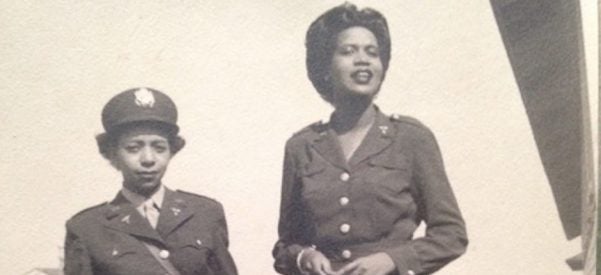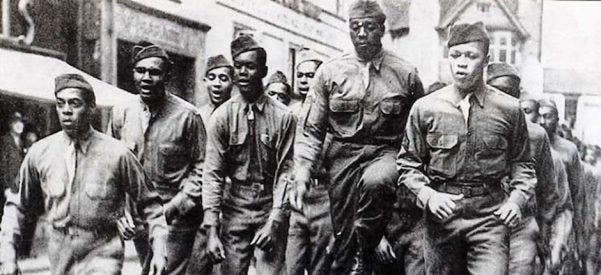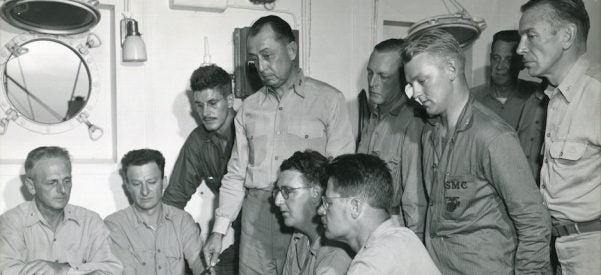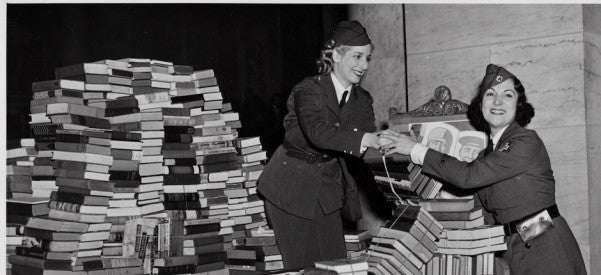The Black Nurses Who Were Forced to Care for German Prisoners of War
Prohibited From Tending to White GIs, the Women Felt Betrayed by the Country They Sought to Serve
On the summer afternoon in 1944 that 23-year-old Elinor Powell walked into the Woolworth’s lunch counter in downtown Phoenix, it never occurred to her that she would be refused service. She was, after all, an officer in the U.S. Army Nurse Corps, serving her country during wartime, and she had grown up in a predominantly white, upwardly mobile Boston suburb that didn’t subject her family to discrimination.
But the waiter who turned Elinor away wasn’t moved by her patriotism. …





